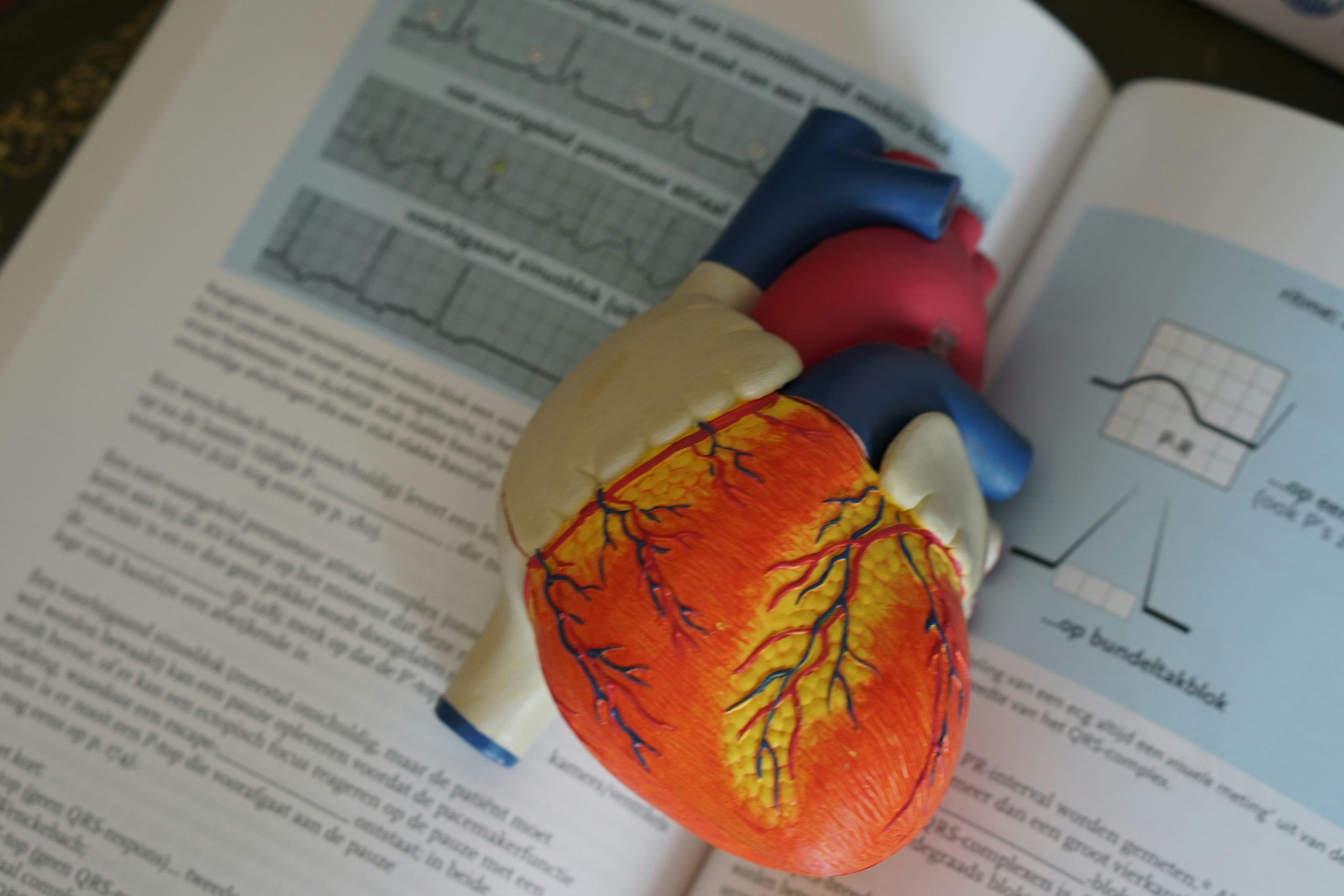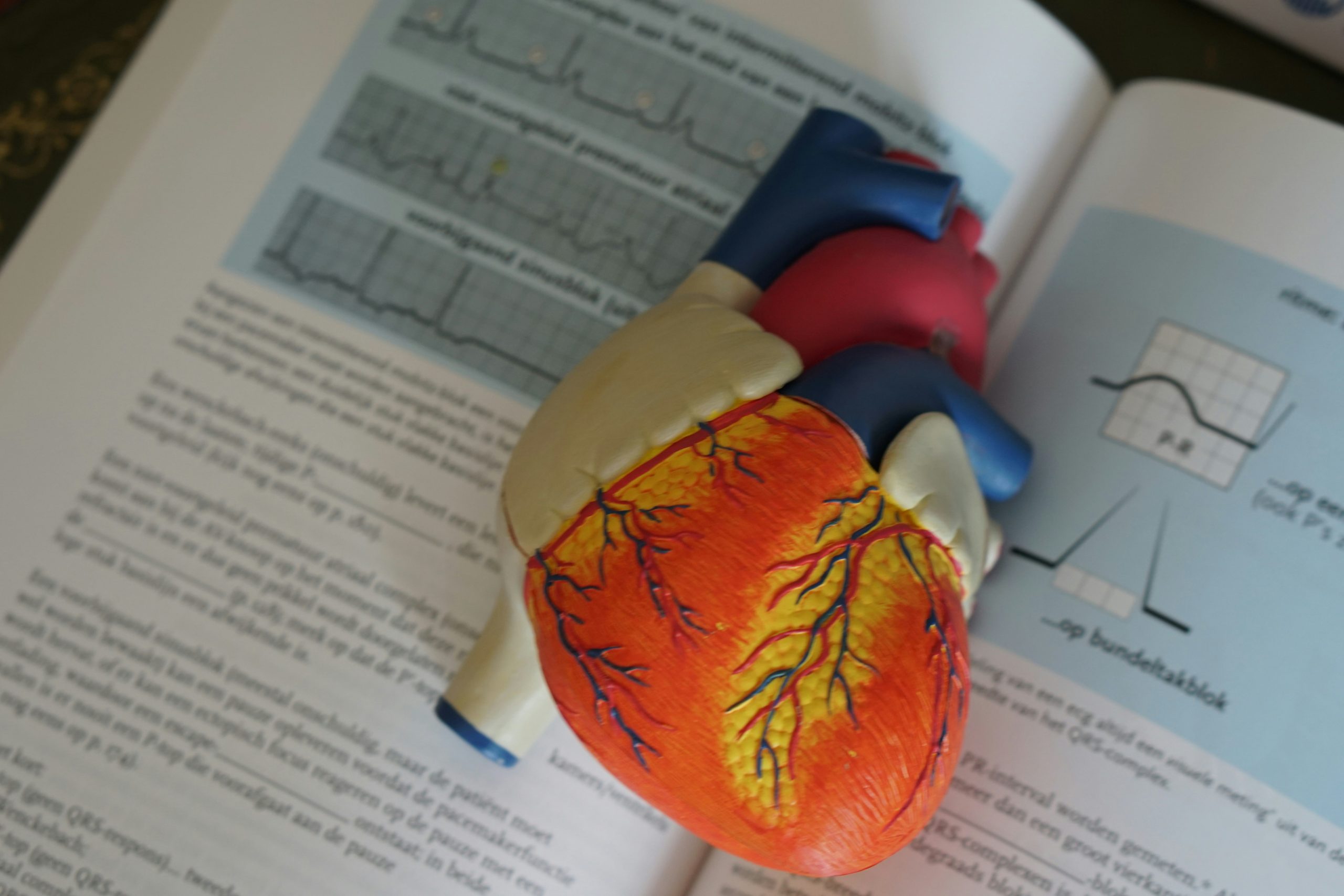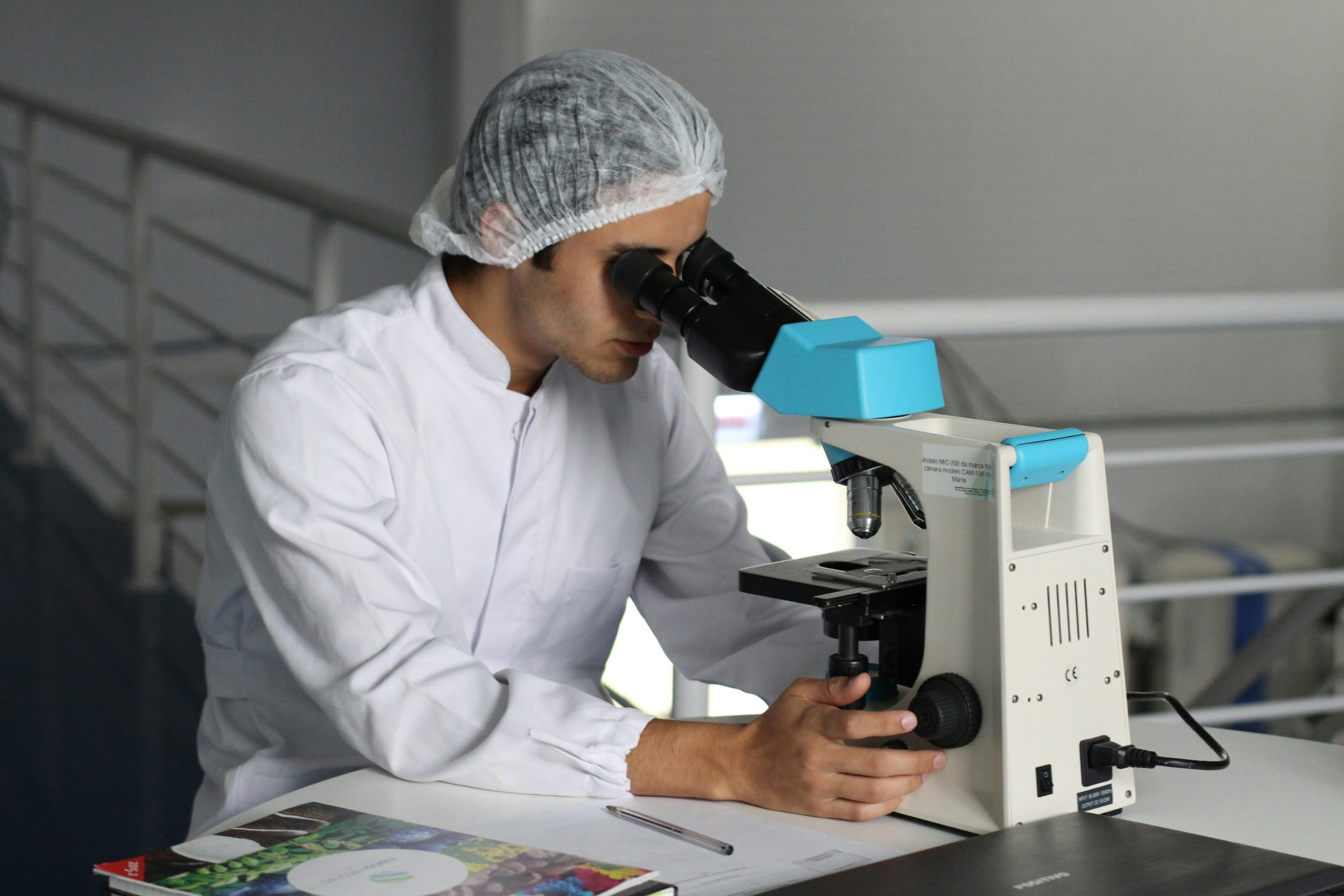Top Writing Aids for Crafting Medical School Applications
Introduction to the importance of medical school applications
Crafting a medical school application is no small feat. It’s the gateway to your dream of becoming a physician, and every detail counts. From personal statements that reveal your passion for medicine to letters of recommendation that highlight your strengths, each component plays a critical role. With competition fiercer than ever, having the right tools at your disposal can make all the difference in standing out from the crowd. So let’s explore some essential writing aids that will help you navigate this complex process and present your best self to admissions committees.
The Common Application and Medical School Personal Statement
The Common Application streamlines the process for medical school hopefuls. It allows candidates to submit applications to multiple schools with ease.
One key component is the personal statement, which serves as your narrative. This is where you share your unique journey and experiences that led you to pursue a career in medicine.
A compelling personal statement can set you apart from other applicants. It’s not just about grades or test scores; it’s an opportunity to showcase your passion and resilience.
Your writing should reflect authenticity. Admissions committees want Medical School to see who you are beyond the numbers—your motivations, challenges, and aspirations.
Crafting this piece requires careful thought and revision. Take time to brainstorm ideas before diving into writing. The goal is clarity, coherence, and connection with the reader through your story.
Resources for Writing a Strong Personal Statement
Crafting a compelling personal statement is vital for your medical school application. It’s your chance to showcase who you are beyond grades and test scores.
Start by exploring resources like the AAMC’s “The Personal Statement” guide. This tool offers insights into what admissions committees seek in aspiring students.
Consider joining writing workshops or online courses focused on personal statements. They provide valuable feedback and help refine your narrative.
Peer reviews can be incredibly beneficial too. Share drafts with friends or mentors who understand the medical field. Their perspectives can uncover strengths and weaknesses in your writing.
Books about personal statements often include successful examples that inspire creativity while ensuring you maintain authenticity in your voice.
Never underestimate brainstorming sessions with trusted advisors; they can spark ideas that make your story truly unique.
Letters of Recommendation: Who to Ask and How to Request Them
Letters of recommendation are crucial for your medical school application. They provide insight into your character and abilities from those who know you best.
Start by considering professors, supervisors, or mentors who can speak to your academic performance and personal qualities. Choose individuals familiar with your passion for medicine and work ethic.
When requesting a letter, approach them well in advance. A polite email or face-to-face conversation works wonders. Clearly explain why you’re asking them specifically and share details about the programs you’re applying to.
Provide relevant information like your resume, personal statement, and deadlines. This helps them craft a tailored letter that highlights your strengths effectively.
Don’t forget to follow up with a thank-you note after they submit their letter. It’s a thoughtful gesture that maintains good relationships for future networking opportunities as well.
Supplemental Essays and Secondary Applications
Supplemental essays and secondary applications are crucial components of the medical school application process. They allow you to showcase your individuality beyond the primary personal statement.
Each school has its own unique prompts. Take time to understand what each question is asking. Tailor your responses accordingly to reflect the values and mission of the institution.
Don’t rush these essays; quality matters more than quantity. Use this opportunity to elaborate on experiences or insights that highlight your passion for medicine.
Be authentic in sharing your journey, motivations, and aspirations within healthcare. This authenticity resonates with admissions committees seeking candidates who genuinely care about their future patients.
Remember that clear structure and thoughtful detail can set you apart from other applicants vying for a coveted spot in medical programs across the country.
Tools for Grammar, Spelling, and Editing
Polishing your medical school application is vital, and that starts with the basics: grammar, spelling, and editing. The right tools can make a significant difference in presenting your best self.
Grammarly is a popular choice among applicants. This handy tool provides real-time suggestions for grammar and style improvements. It helps you catch errors you might overlook during revisions.
Another great option is Hemingway Editor. This app focuses on readability, ensuring that your writing remains clear and concise—a crucial aspect of any personal statement or essay.
Don’t forget about ProWritingAid either! It’s perfect for those wanting deeper insights into their writing habits while checking for errors simultaneously.
Consider using Microsoft Word’s built-in editor features. They provide basic checks but are essential for catching simple mistakes before submitting your application materials.
Conclusion: Crafting a Successful Medical School Application
Crafting a successful medical school application is a multifaceted process that requires careful planning and execution. It’s not just about your grades or test scores; it’s about telling your unique story, showcasing your passion for medicine, and demonstrating how you can contribute to the field.
Using the Common Application effectively allows you to present a cohesive narrative throughout all components of your application. A strong personal statement serves as an opportunity to connect emotionally with admissions committees while highlighting your experiences and aspirations in healthcare.
When it comes to letters of recommendation, choosing the right individuals who can speak genuinely about your qualifications is crucial. Building relationships with mentors early on will make this part of the process smoother and more impactful.
Supplemental essays may seem daunting but are essential for providing additional insights into why you’re drawn to specific programs. Tailoring each response shows commitment and enthusiasm for each school’s offerings.
Utilizing tools designed for grammar checks, spelling corrections, and editing can elevate the clarity of your writing substantially. Investing time in revisions ensures that every word strengthens rather than detracts from your message.
Every aspect of the medical school application matters—from personal statements to letters of recommendation—so give them all due diligence. Take pride in presenting yourself authentically while emphasizing what sets you apart as a future physician ready to tackle challenges head-on in an ever-evolving field.


